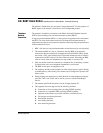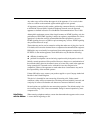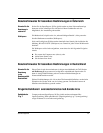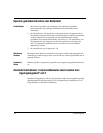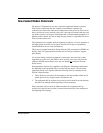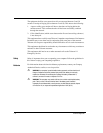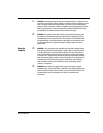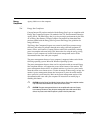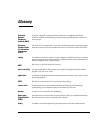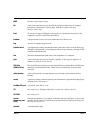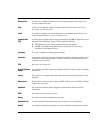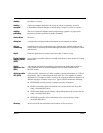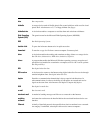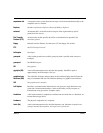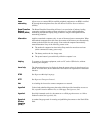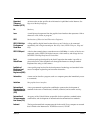
Glossary Glossary-1
Glossary
American
National
Standards
Institute (ANSI)
A private, nonprofit organization that facilitates the development of national
technical standards by establishing consensus among qualified public and private
sector groups.
American
Standard Code
for Information
Interchange
(ASCII)
The code used to represent the conversion of keyboard characters into binary digits
that can be processed by the computer. See American National Standards Institute.
analog
A continuous electronic current of varying frequency. Digital data from a computer
must be converted to an analog signal by a modem before it can be transmitted over
standard telephone lines. Contrast digital.
ANSI
See American National Standards Institute.
anti-virus utility
A program that detects and in many cases repairs the damage caused by harmful
program code. See virus; utility.
application
A software program that facilitates the performance of useful work, such as a word
processing program.
ASCII
See American Standard Code for Information Interchange.
atomic clock
A Web-based service of the National Institute of Standards and Technology
synchronizing your computer-assisted clock with its precise time.
backup
A copy of one or more files for safekeeping.
Basic Input
Output System
(BIOS)
An instruction set stored on the read-only memory chip of a computer that handles
how the hardware reacts to commands from software.
binary
A number system that represents digital data and uses only the symbols 0 and 1.



